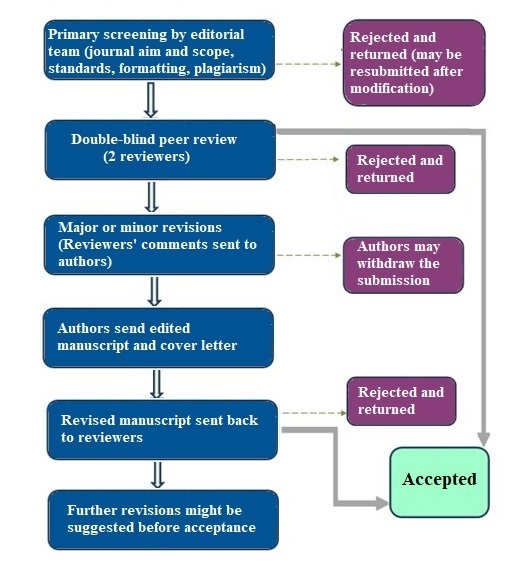NEWS
Call for the Special Issue on AI-Based Technologies in FL Teaching and Learning
The journal Advanced Education invites submissions for Special Issue 28, dedicated to exploring the role of artificial intelligence (AI) technologies in foreign language teaching and learning at university. This special issue aims to capture evidence-based insights into how AI technologies are currently being implemented and evaluated in real educational contexts.














